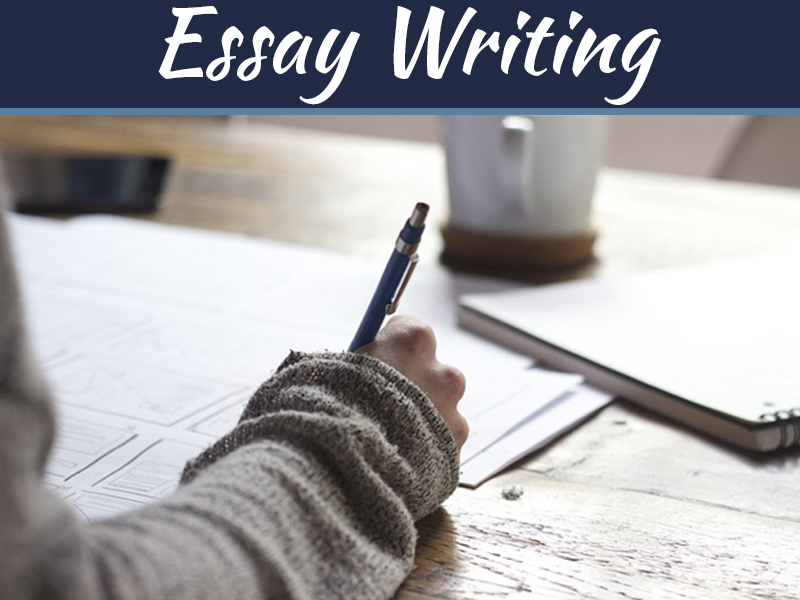How to Write a Good University Essay
There are several steps to follow when writing your university essay. These include creating a strong thesis statement, crafting a solid argument, and analyzing the question set. The process may take time, so make sure to read this guide to find out the best way to start writing. Then, follow these tips to produce an impressive university essay. You’ll be well on your way to being accepted into a prestigious university!
Writing a strong thesis statement
A good thesis statement should express one central idea and should be as precise and specific as possible. It should also be arguable and demonstrable. It should also be confident and forceful. The following are some guidelines for writing a thesis statement. Here are some examples of strong thesis statements. Here are three examples. Each one has its own strengths and weaknesses. If you are unsure how to begin your thesis statement, refer to the examples below.
A strong thesis statement must answer the question asked by the assignment prompt. It should also be clear, concise and precise. A thesis statement should challenge the general perception that millennials are lazy. Once you have a strong thesis statement, it’s important to keep it in mind throughout the writing process. This is because a thesis statement must be backed up by evidence that can support it. For example, if your essay focuses on the stereotype of millennials as lazy, your thesis statement should challenge that idea.
Developing a strong argument
An essay that uses an argumentative approach will have a strong argument. The writer will need to support their position with evidence that shows that their reasoning is valid. Using contrasting or counterarguments will also strengthen the argument. Here are some tips to help you develop a good argument. In your essay, present evidence that backs up your position and present counterarguments that challenge the position you’ve taken.
Make sure your arguments are well supported. A strong argument requires robust proof, so it’s essential to support it with facts. Never assume your audience will understand your position. Ensure that your audience understands your position and the reasoning behind it. If it’s too difficult to explain your argument, ask someone who knows it well. Make sure your audience will understand your position if you use counterarguments.
Crafting a strong conclusion
As a writer, you’re expected to wrap up your arguments with a compelling, concise conclusion. Whether you choose to state your thesis in the conclusion or make it a “grab bag,” you should avoid oversimplifying your conclusion. In this way, it will be clear to the reader that you’ve finished your main argument and a number of supporting points. Also, it’s a good idea to practice writing a strong conclusion before you need it. Moreover, you may want to seek advice from your teacher, writing center, or from a professional editor.
Then, consider whether you can elaborate your argument further by addressing the limitations of your main argument. To do this, you can use “complicating the claim” strategy. This strategy involves introducing a new piece of outside information or textual evidence that contradicts your original claim. This technique is useful for scientific studies because it will encourage readers to think beyond the original argument. If you think the audience will not be satisfied with your argument, you can introduce a new point that will make the argument stronger.
Analysing the question set
When writing a university essay, analysing the question set is a vital part of the process. The question itself should prompt you to write an essay with a clear and concise response. You may find that the question asks you to provide an overview of literature, examine major arguments and issues, or examine a particular material. It is important that you state your position and give ample evidence to support it.
First, you need to mark up the question set using a system. This can include highlighters, arrows, or short notes. An example of this type of markup is shown below. You may not be able to analyse every question in the same way as the question set – the lecturer may have written a short question and a long page of instructions. In either case, you must identify key words that will match the words in the instructions.
Avoiding reusing essays for school-specific prompts
Reusing an essay you wrote at another college or university to answer a school-specific prompt can save you time, but you should still respond to the specific question posed by the prompt. Leaving blank spaces in an essay will frustrate admissions officers, as it suggests that you didn’t read the directions carefully or aren’t serious about the essay. Here are some tips to avoid reusing an essay for school-specific prompts.
First, never reuse the same essay across different school-specific prompts. Using the same essay over again is unprofessional. It is also difficult to differentiate between similar essays written for different schools. For example, the Common Application prompt #4 asks students to describe a place that has a special meaning for them and/or has shaped who they are. If the school’s prompt asks students to respond to similar questions, they shouldn’t reuse these essays.

